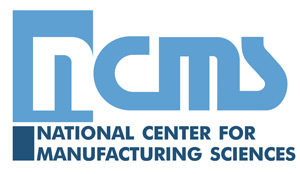Project Announcement: Lithium Ion Deep-cycle Battery Cold Environment Versatility
Lithium-ion batteries are both lighter and carry longer charge lives than their lead counterparts. However, benefits to industry don’t stop there. Technological improvements in rechargeable solid-state batteries are being driven by an ever-increasing demand for all electronic devices. Lithium-ion batteries are the systems of choice, offering high energy density, flexible and lightweight design, and longer lifespan than comparable battery technologies. These batteries are being used to benefit the public on new grid structures and with a new fleet of automobiles. Lithium is a key ingredient not only in car batteries, but also the batteries used in cell phones, computers, smart grids, and other electronic devices. On an environmental level, lead-acid batteries compare poorly to lithium-ion with regards to environmental friendliness.
Forklifts have become an indispensable piece of equipment in manufacturing and warehousing operations within the commercial industry. Companies rely heavily on this equipment to move their products quickly and efficiently in their business operations. Electric forklifts are powered by either a battery or fuel cells that provide power to the electric motors.
This initiative will focus on evaluating the utility, feasibility, maintainability, and cost savings of utilizing new fast-charging lithium deep-cycle forklift batteries in an industrial cold warehouse setting. The intent is to utilize a food warehouse as a test bed, allowing for a full range of evaluations without hampering day-to-day warehouse activities. The intent of the project is to convert deep-cell lead-acid powered forklifts and equipment at the facility to lithium batteries, capturing the performance of both deep-cell lead acid and deep-cycle lithium powered forklifts during a 6-month evaluation period.
Those interested in participating in this project should contact Marc Sharp by August 14th, 2017. We encourage participation of Disadvantaged Business Enterprises (DBEs), including Minority Business Enterprises (MBEs) and Women’s Business Enterprises (WBEs).
